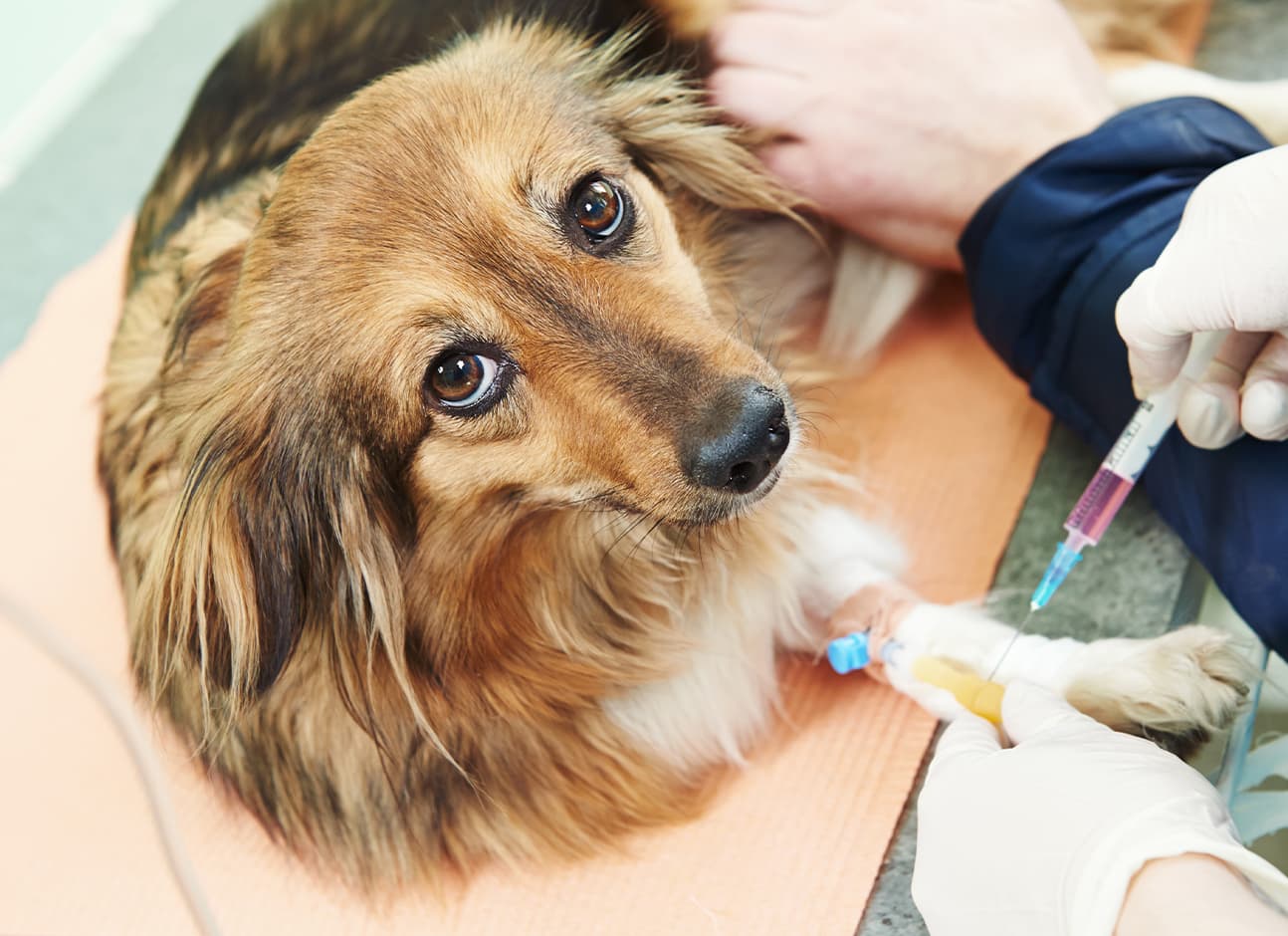Hypothyroidism is a common endocrine disease among the canine population. It occurs when the thyroid gland becomes less active and produces less amounts of thyroxine (T4) and triiodothyronine (T3), which slows down the metabolic rate of the body.
Canine hypothyroidism is usually caused by lymphocytic thyroiditis and idiopathic thyroid gland atrophy. Lymphocytic thyroiditis, the more common cause of the two, involves the immune system mistaking the thyroid gland for a foreign body and subsequently attacking it. Although hypothyroidism is common among middle-aged dogs, younger dogs can also develop the condition.
Some of the common clinical signs of canine hypothyroidism include lethargy, lack of interest in exercising, increased weight despite lack of increase in food consumption, dry and dull hair accompanied by extreme shedding, little to no hair coat, intolerance to cold, high blood cholesterol, slow heart rate, and increased predisposition to skin and ear infections.
Dogs should be tested for hypothyroidism only when there is a strong suggestion of your pet having the disease as they can be misdiagnosed as well. Hypothyroidism is usually tested using the total thyroxin (TT4) level test which involves measuring the thyroxin level in the blood. A low thyroxin level coupled with other clinical signs are indicative of hypothyroidism.
Although canine hypothyroidism cannot be cured, it is still treatable. It is usually treated by orally administering the thyroid replacement hormone for the rest of the patient’s life. Since hypothyroidism requires lifelong treatment, it makes it all the more imperative to obtain a conclusive diagnosis before proceeding with the treatment. Levothyroxine is the most common oral synthetic thyroid hormone replacement treatment used in treating hypothyroidism in dogs. The appropriate dose is administered based on your dog’s weight. After one month, a blood sample is obtained to check for the hormone levels and the dosage is adjusted accordingly. In the event of an overdose, hyperthyroidism can occur marked by hyperactivity, reduced sleep and weight, and excessive water intake.
You can always consult with your veterinarian to learn more about canine hypothyroidism and the ways in which you can play an active role in ensuring your dog lives a happy and fulfilling life.
From puppyhood to senior years, we’ve got your dog covered. Unveil our ‘Vet for Dog‘ services.
